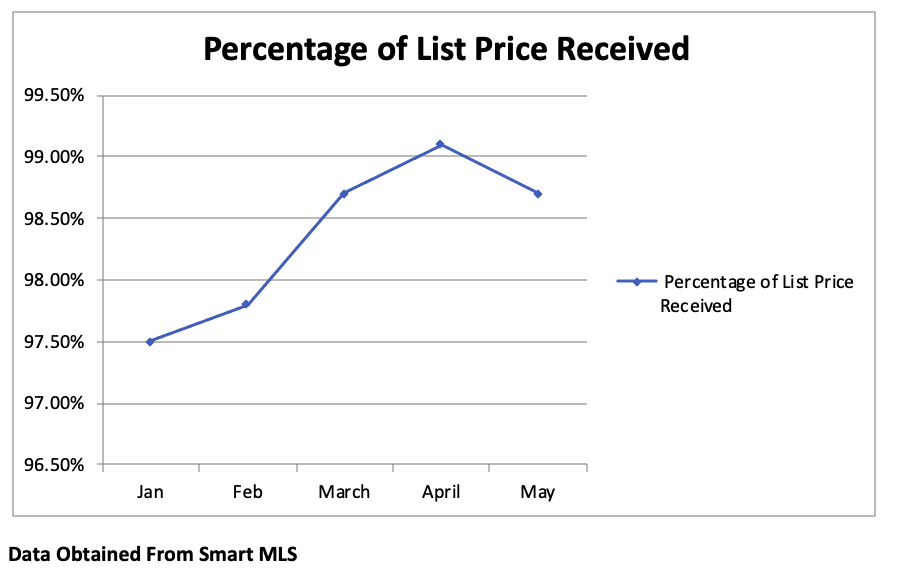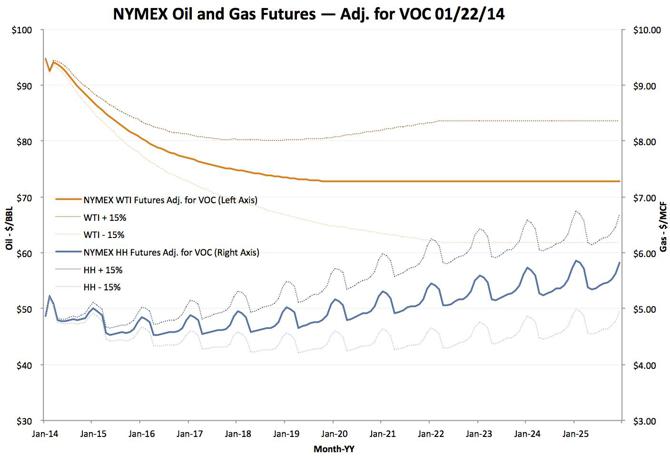
"I believe failure is an option for entrepreneurs and if you don't believe that, then you can bang your head against the wall trying to make it work." "People are embarrassed to talk about their failures, but the truth is that if you don't have a lot of failures, then you're just not doing it right, because that means that you're not investing in risky ventures," Mr. Dreymann's new start-up, Mowingo Inc., which makes a mobile app that rewards shoppers for creating a personal shopping mall and following their favorite stores. The 20-year venture capitalist is an "angel" investor in Mr. Of Bessemer Venture Partners has stuck with Mr. venture capitalists to back his future start-ups, saysĭirector of Stanford University's Center for Entrepreneurial Studies. How well a failed entrepreneur has managed his company, and how well he worked with his previous investors, makes a difference in his ability to persuade U.S. "Those people believed in me and supported me."ĭaniel Dreymann's antispam service Goodmail failed, despite getting $45 million in venture capital. He helped the liquidator return whatever he could to Goodmail's investors, he says. Dreymann turned over his Goodmail keys to a corporate liquidator.Īll Goodmail investors incurred "substantial losses," Mr. In early 2011 an acquisition by a Fortune 500 company fell apart.

The company raised $45 million in venture capital from firms including DCM, Emergence Capital Partners and Bessemer Venture Partners, and built partnerships withĪt its peak, in 2010, Goodmail had roughly 40 employees.īut the company began to struggle after its relationship withįell apart early that year, Mr. Dreymann moved his family from Israel in 2004 after co-founding Goodmail in Mountain View, Calif., the previous year. Replay the event.Ī founder of Goodmail Systems Inc., a service for minimizing spam. Harvard professor Noam Wasserman and WSJ small-business editor Vanessa O'Connell took reader questions about avoiding start-up pitfalls on Sept.

Venture capitalists make high-risk investments and expect some of them to fail, and entrepreneurs who raise venture capital often draw salaries, he says. "When you've bootstrapped a business where you're not drawing a salary and depleting whatever savings you have, that's one of the very difficult things to do," saysĪ professor at the Haas School of Business at the University of California, Berkeley. Ghosh's research.įailure often is harder on entrepreneurs who lose money that they've borrowed on credit cards or from friends and relatives than it is on those who raised venture capital. If failure is defined as failing to see the projected return on investment-say, a specific revenue growth rate or date to break even on cash flow-then more than 95% of start-ups fail, based on Mr. If failure means liquidating all assets, with investors losing all their money, an estimated 30% to 40% of high potential U.S. There are also different definitions of failure. "They emphasize the successes but they don't talk about the failures at all." Venture capitalists "bury their dead very quietly," Mr. The results were similar when he examined data for companies funded from 2000 to 2010, he says.

He also combed the portfolios of VC firms and talked to people at start-ups, he says. His findings are based on data from more than 2,000 companies that received venture funding, generally at least $1 million, from 2004 through 2010. "We're just getting more light on the entrepreneurial process," he says. Ghosh chalks up the discrepancy in part to a dearth of in-depth research into failures.


 0 kommentar(er)
0 kommentar(er)
